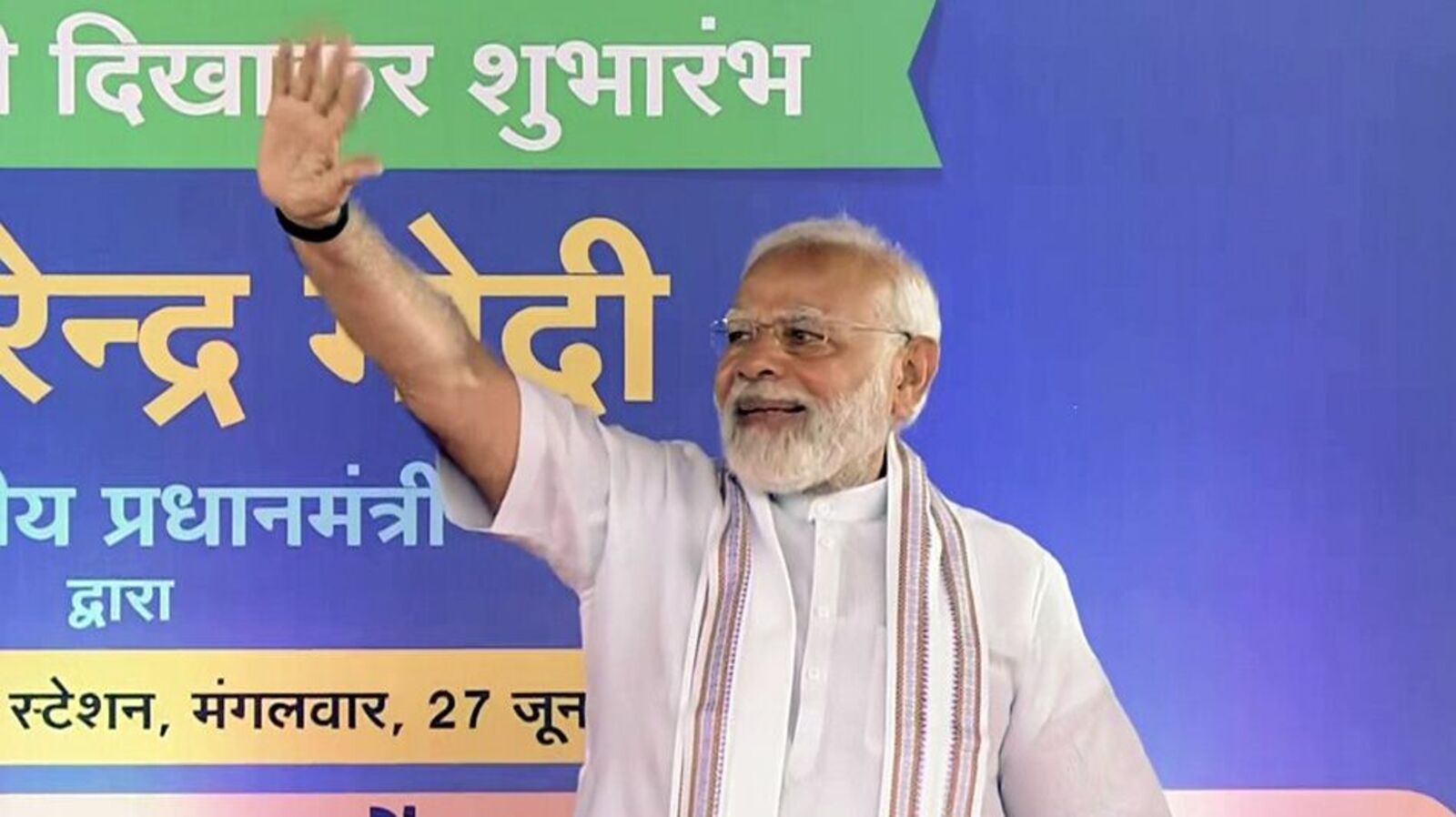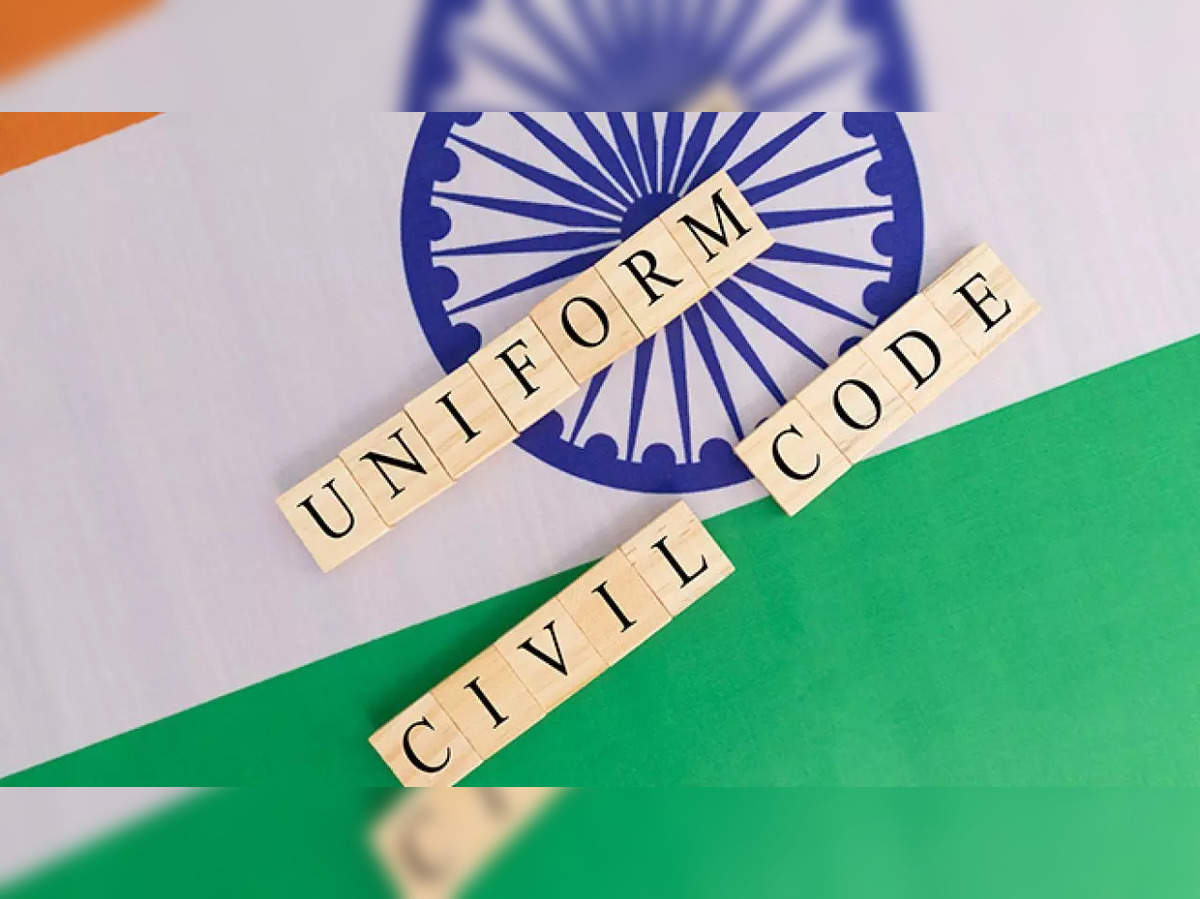India’s Prime Minister Narendra Modi’s pursuit of a uniform civil code (UCC) has drawn criticism from opposition leaders, who express concerns about potential law-and-order issues if customary laws are replaced by a common law. The UCC remains a contentious issue, especially among Muslim communities, who fear that their unique practices will be eradicated. While the Law Commission of India examines the matter and solicits suggestions from individuals and civil society organizations, the opposition leaders raise objections to the government’s stance.

imae source- mint
Critics argue that implementing a UCC could lead to societal unrest and disrupt established customs and traditions. Sharad Pawar, the Nationalist Congress Party (NCP) chief, called for clarity on the stance of Sikh, Jain, and Christian communities, while Tamil Nadu Chief Minister MK Stalin accused the BJP of intending to disturb law and order in the country.
However, Union Aviation Minister Jyotiraditya Scindia defended the push for UCC, emphasizing the need for equal laws for all citizens. He urged people to choose between those who pursue appeasement policies and those who prioritize satisfaction. Scindia’s remarks align with Prime Minister Modi’s recent speech in which he highlighted the importance of common rights and the necessity of a uniform system for a cohesive country.
The UCC debate in India has a long history and is known for its divisiveness. Muslim communities, in particular, worry that a common code might erode their distinct practices. Tribal groups have also expressed concern, fearing that a universal law governing marriage, divorce, inheritance, and maintenance could infringe upon their unique customs and rituals.
Sharad Pawar mentioned that his party would take a position on the matter once the government clarified certain aspects. He stressed the responsibility of the Law Commission to thoroughly study and work on the proposals and suggestions it receives. Pawar also emphasized the need to address the positions of Sikh, Jain, and Christian communities, expressing his worries about potential divisions.

image source- the economic times
In response to Modi’s stance on UCC, MK Stalin accused the BJP of attempting to create communal clashes and disturbance in the country. Stalin asserted that the people are ready to teach a lesson to the BJP in the upcoming parliamentary elections, highlighting the opposition’s determination to oppose the government’s UCC proposal.
Former Jammu and Kashmir Chief Minister Farooq Abdullah echoed the concerns about implementing a UCC in a diverse country like India, cautioning that it could lead to backlash and potential turmoil. He specifically referred to the Shairat law followed by Muslims and warned of possible unrest if a uniform code were imposed.
The Shiromani Akali Dal (SAD), a party that opposes UCC, requested clarification from Punjab Chief Minister Bhagwant Mann regarding his stance on the issue. Mann’s Aam Aadmi Party has extended “in principle” support to a common code.
Despite the opposition’s reservations, Union Minister of State Ashwini Kumar Choubey expressed hope that the government would enact the UCC soon. Choubey believes that a uniform civil code will satisfy all sections of society, as everyone aspires to live together in peace and progress harmoniously. In conclusion, the push for a uniform civil code in India by Prime Minister Modi has sparked a debate and drawn criticism from opposition leaders. Concerns over potential law-and-order issues, erasure of unique practices, and disruption of customs have been raised by various communities. While the government maintains its stance on equal laws for all citizens, the opposition demands clarity and caution in implementing such a code in a diverse nation like India. The future of the UCC remains uncertain, with both sides presenting compelling arguments to support their positions













